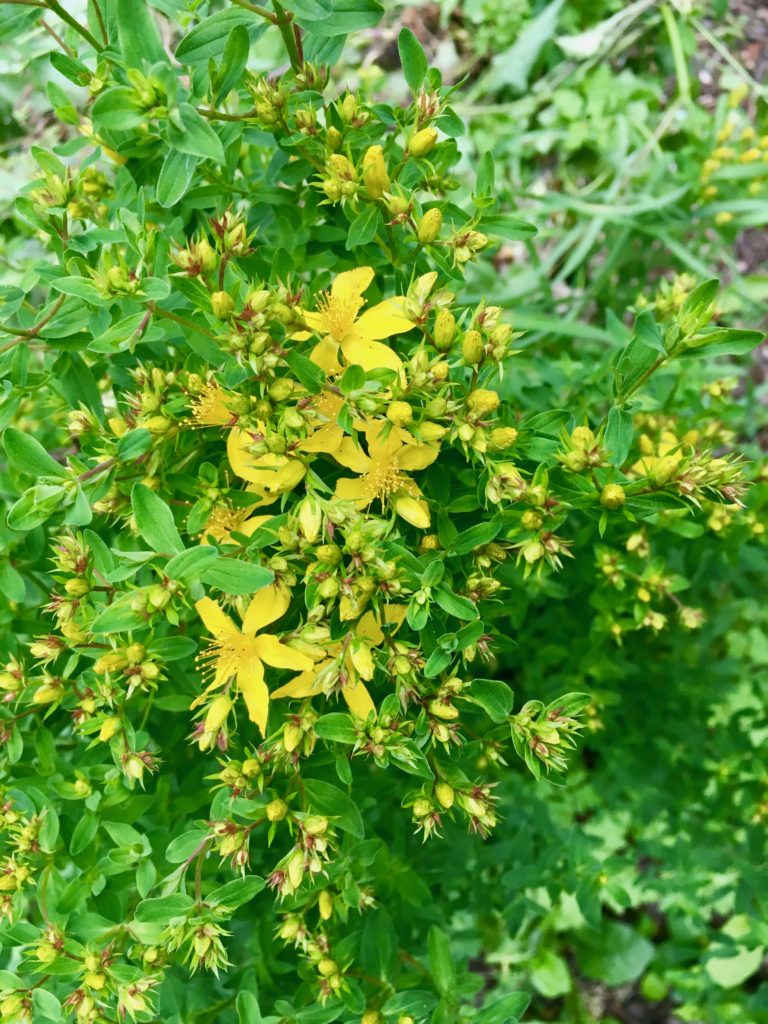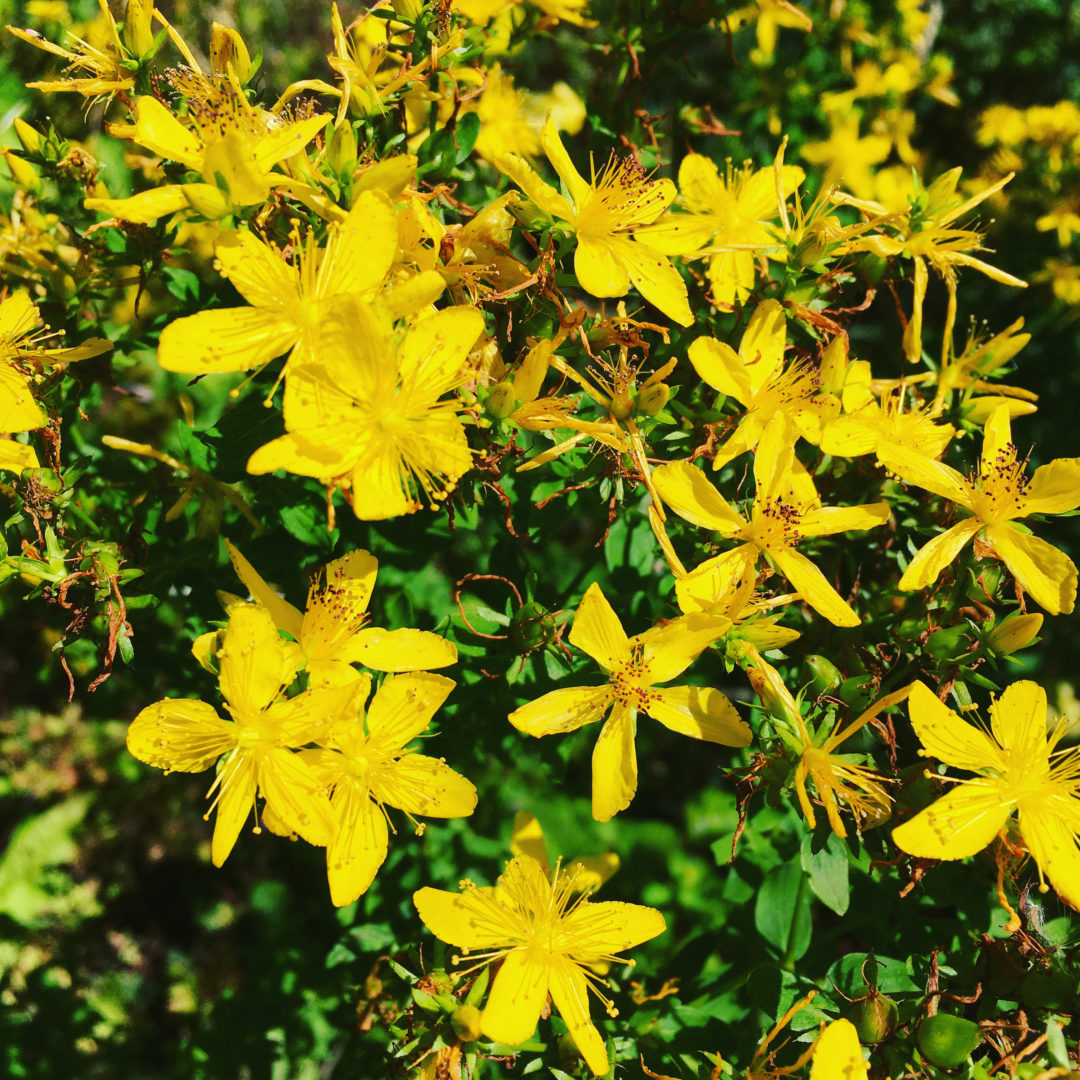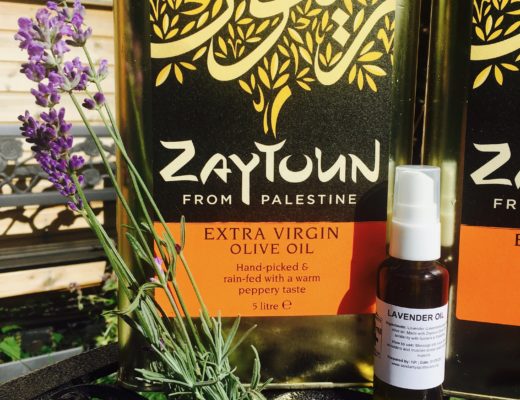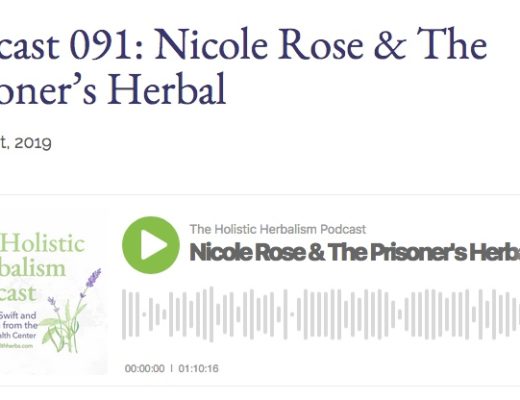Please note these plant profiles are a work in progress. I will always be adding to them as I keep learning about the amazing world of plant medicine.
Botanical Overview
Latin name: Hypericum perforatum
Plant family: Hypericaceae
Identification: Short to medium height plants with upright, branched stems, unstilted oval or oblong blunt-tipped leaves and yellow 5-petalled flowers 1-2cm across. Hypericum perforatum has two raised lines down opposite sides of the stem and are not hairy (1).
Other species: There are many species of Hypericum including Slender St John’s Wort (SJW) (H. pulchrum), Hairy SJW (H. hirsutum), Trailing SJW (H. humifusum), Imperforate SJW (H. maculatum), Square-stalked SJW (H. Tetrapterum) and Tutsan (J. Androsaemum) (1).
Folk names in English: St John’s Wort, Saint John’s Wort, St. Joans Wort, Sunshine herb, Solstice wort, Faerie Herb, Fuga Daemonum, Goat Weed, Amber. Hypericum is possibly derived from the Greek words hyper (above) and eikon (picture), in reference to the tradition of hanging plants over religious icons in the home during St John’s Day. (2)
Chemical constituents: Volatile oils (caryophyllene, methyl-2-octane, n-nonane, n- octanal, n-decanal, alpha and beta pinene); naphthodianthones (hypericin, pseudohypericin); xanthine derivatives (norathyriol); phloroglucinols (hyperforin); catechins; proanthocyanidins; flavonoids (hyperoside, rutin); tannins (5).

Food and nutrition
St John’s Wort is generally used as a strong medicinal plant rather than a food.
Ecological role
St John’s Wort growing wild, can be found on dry, neutral and basic soils in grasslands, hedgerows, wood edges and on disturbed ground (1).
Cultivation: St John’s Wort can be propagated by direct or indirect seeding. The seeds are light dependent and need to be sown on the surface of a seed tray or bed. They prefer sandy, well-drained soil. However, I’ve had a lot of success growing St John’s Wort on quite heavy clay soil.
Energetics
- Temperature: Warming (gentle)
- Moisture: Drying
- Tissue State: Wind/Tension, Dry/Atrophy, Cold/Depression
- Taste: Astringent, mild sweetness, oiliness, slight pungency, bitter
Health Challenges supported by St John’s Wort
Herbal actions: Mild nervine sedative, nervous system trophorestorative, bitter tonic, hepatoprotective, astringent, vulnerably, anodyne, anti-viral, antimicrobial
Wounds: St. John’s Wort is a fantastic first aid herb. It is used in the treatment of wounds, specifically puncture wounds. Its antimicrobial properties help to disinfect woulds, reduce inflammation and aid in healing. Herbalist Cat Ellis includes SJW oil in her anti-scar and pain relief salves. It can also be used for sunburn
Nerve pain: Sajah Popham writes that “SJW is an anodyne with a specific affinity for the nerves, especially for shooting nerve pains, shingles, neuralgia, sciatica, and other pains oriented around the nervous system. “ He also adds that SJW is a valuable inflammation modulating remedy and can be used when there is excessive pain due to inflammation (5). SJW is alsoo used for spinal chord injuries, tooth pain, rheumatic pains, arthritis, gout, muscular spasm, cramping and stiffness, sprains, strains and bruising.
Depression: SJW is commonly commodified and sold internationally as a herbal ‘anti-depressant’. However, the specific actions are not often explored nor the holistic nature of depression and how it takes a broad range of interventions to support someone experiencing depression. Taking a bottle of SJW is not going to solve someone’s grief or counter the complex psycho-emotional consequences of living in a capitalist, racist and oppressive society. Likewise, there are many intersecting drivers of depression, from poverty to vitamin D deficiency and food allergies.
There are different kinds of depression. One type is stagnant depression, which Herbalist David Winston believes SJW is very effective for. Stagnant depression is delineated by the presence of irritability, frustration, and aggravation – it is a higher energy state associated with a degree of liver stagnation. It is more commonly experienced by ‘type A’ type constitutions or people with high levels of stress, adrenal excess, and nerve burnout. It is generally suggested that it can take 2-3 months for St John’s Wort to produce a long lasting effect. I have personally used SJW on a shorter term basis to support with pre-menstrual tension and found it very effective at lifting my mood and reducing irritability.
Insomnia and nightmares: Sajah Popham says SJW is a remedy commonly used for children with insomnia due to fear of the dark, or who cannot sleep due to nightmares.
Digestive health: SJW’s affinity with the nervous system, the liver and its vulnerary (wound healing) properties, make it a great remedy for leaky gut syndrome (intestinal permeability) in combination with other plants. SJW is particularly effective at acting on the ‘enteric brain’, or the nervous system’s innervation of the gut (5). Sajah Popham writes: “effectively helps to reset the digestive system, astringe any “perforations” or leakiness in the gut, re-engage the neural component of digestion, and overall strengthen the solar plexus as a whole. It enhances the absorption of food from the small intestine and removes canker, or ama (stagnancy) from the stomach and small intestine. This makes it an ideal remedy for people with malabsorption type issues.” (5).
Nervous bladder: SJW can be useful for people with heightened bladder sensitivity (who feel the need to urinate frequently). SJW has also been used for bedwetting and urinary tract infections.
Chest infections: Herbalist Anne McIntyre says that the expectorant and antimicrobial action of SJW helps to clear phlegm from the chest and relieves coughs, colds and chest infections (6).
Cautions
St John’s Wort is contraindicated for use with sedative or hypnotic drugs, immunosuppressants, non-sedating antihistamines, contraceptives, antiretroviral agents, anti-epileptic drugs, calcium channel blockers used for high blood pressure, cyclosporine, chemotherapy, macrolide antibiotics, and certain anti-fungals (5).
It is strongly recommended to avoid using SJW when taking other selective serotonin reuptake inhibitors (SSRI’s) and monoamine oxidase inhibitors (MAOI’s) for depression.
St John’s Wort and the Solidarity Apothecary
St John’s Wort is a staple in our mobile clinic with refugees in Northern France. We use the oil as part of our bruise ointment and nerve pain cream. I generally don’t distrubute SJW to people via the Solidarity Apothecary to defendants or people experiencing repression because of its contraindications, however, may recommended it for people after a one-to-one check-in.
Sources
- Plants and Habitats, Ben Averis
- https://en.wikipedia.org/wiki/Hypericum_perforatum
- St John’s Wort monograph, The Plant Medicine School
- https://pfaf.org/user/Plant.aspx?LatinName=Hypericum+perforatum
- St John’s Wort monograph, Materia Medica Monthly produced by the Sajah Popham at the School of Evolutionary Herbalism





No Comments